Opinion / Will Gen Z forget most luxury hotels and fine-dining restaurants by 2030? Covid-19 made 2020 a struggle for brands, but those that didn’t rise to the challenge might see even more problems later
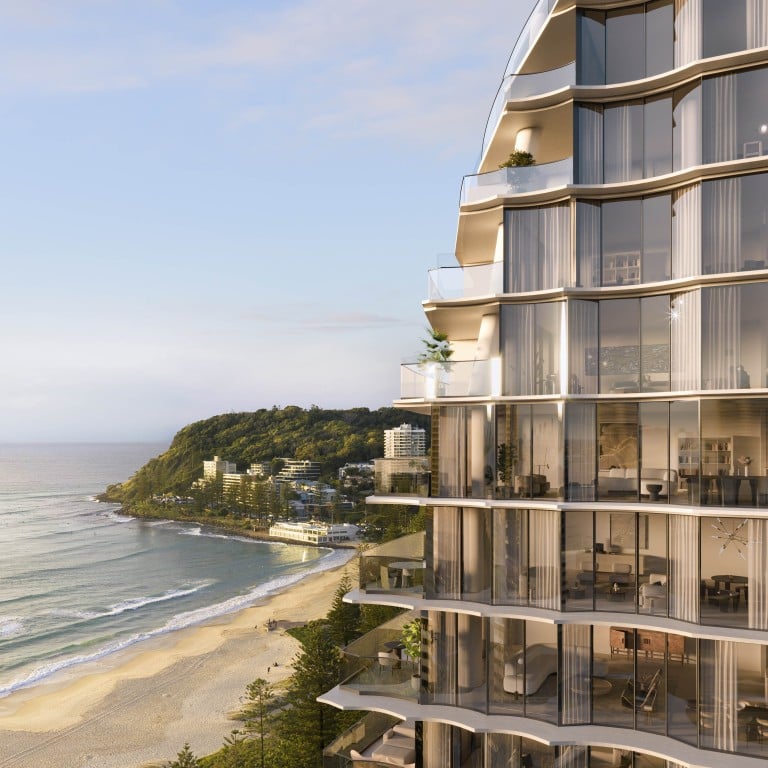
This article is part of Style’s Inside Luxury Column
Luxury brands pride themselves on delivering one-of-a-kind experiences. Especially the people-to-people experiences that they claim set them apart. There is no fancy hotel that won’t tell you on their website or in their advertising how wonderful the service will be and how magical you will feel. But when was the last time you got an unbelievable, memorable, dreamlike experience after visiting a hotel or restaurant?
I am not asking about the last time you had good food in a restaurant. We simply expect that and it’s priced in. I am not asking about the last time you had really friendly service. If I go to any reasonably good hotel or restaurant, I expect that as the minimum. But when was the last time you had a magical experience, one that made you dream of your next visit?
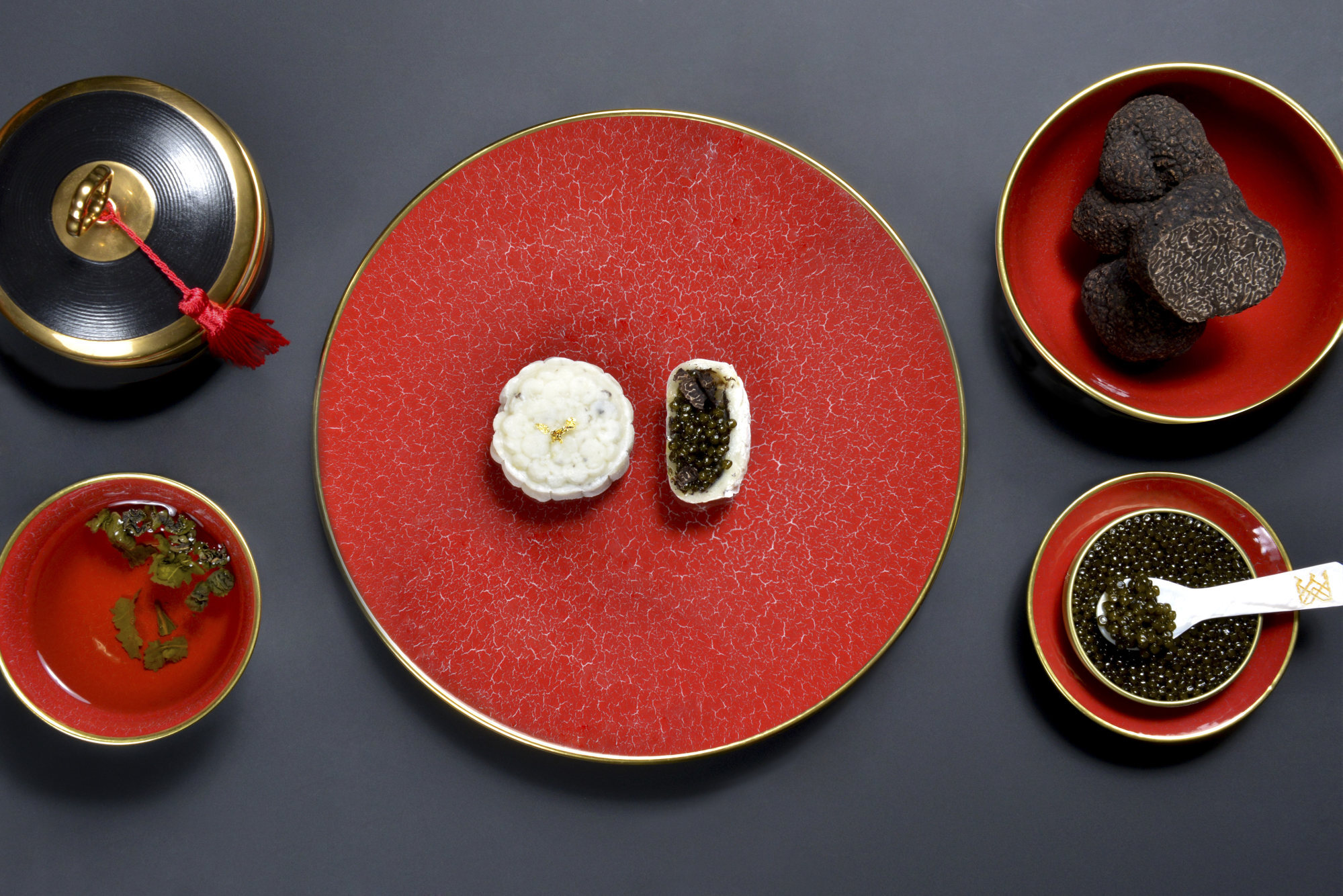
The last time I had this experience in a restaurant was in Hong Kong at The Peninsula’s Felix. From the view to the service delivery, everything was magical. I went there for a business dinner with a friend whom I had not seen for years. I flew in from Tokyo that day, tired after a full morning of meetings, while my friend was flying back to Europe after a workshop in Hong Kong and we had exactly sixty minutes for a quick catch-up. We informed the staff we were under time pressure and they managed to give us maybe the best restaurant experience I ever had.
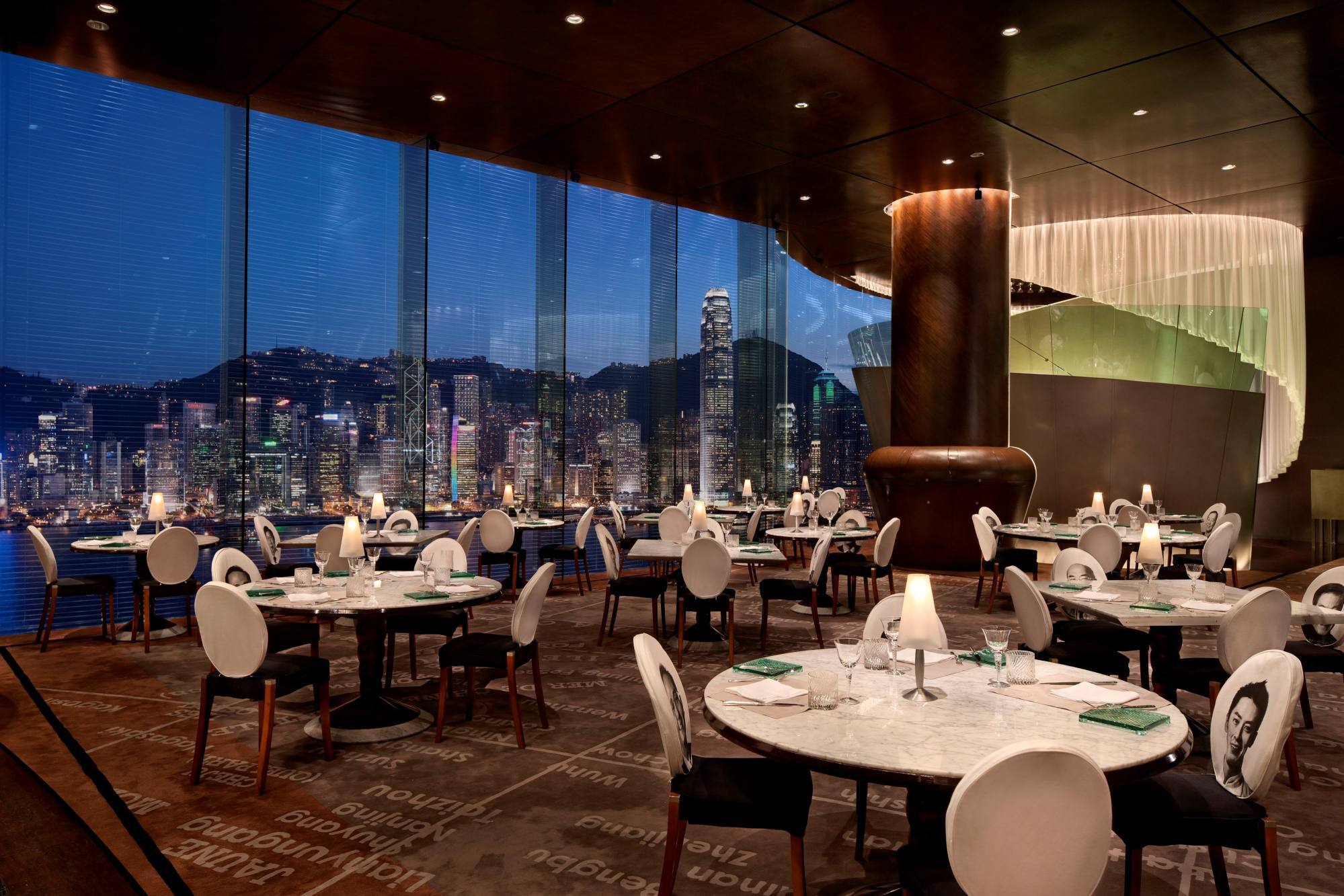
The staff did everything in their power to give us an unforgettable sixty minutes, pairing delicious food with sensational wines, educating us about each step on the way, and making the short dinner an unforgettable experience. This was in early 2019. Since then, I dined all around the world, including in Michelin-starred hotel restaurants in London, Paris, New York, Los Angeles, Shanghai and Seoul, and never had any comparable experience.
Instead, most experiences are predictable – OK but nothing special. What’s worse, since the pandemic started, the quality of hospitality in restaurants and hotels has decreased dramatically. While I understand that social distancing rules and restrictions in guest capacity have made service delivery more challenging, I’ve had no experiences I would even call great. And a merely good experience is not enough in luxury.
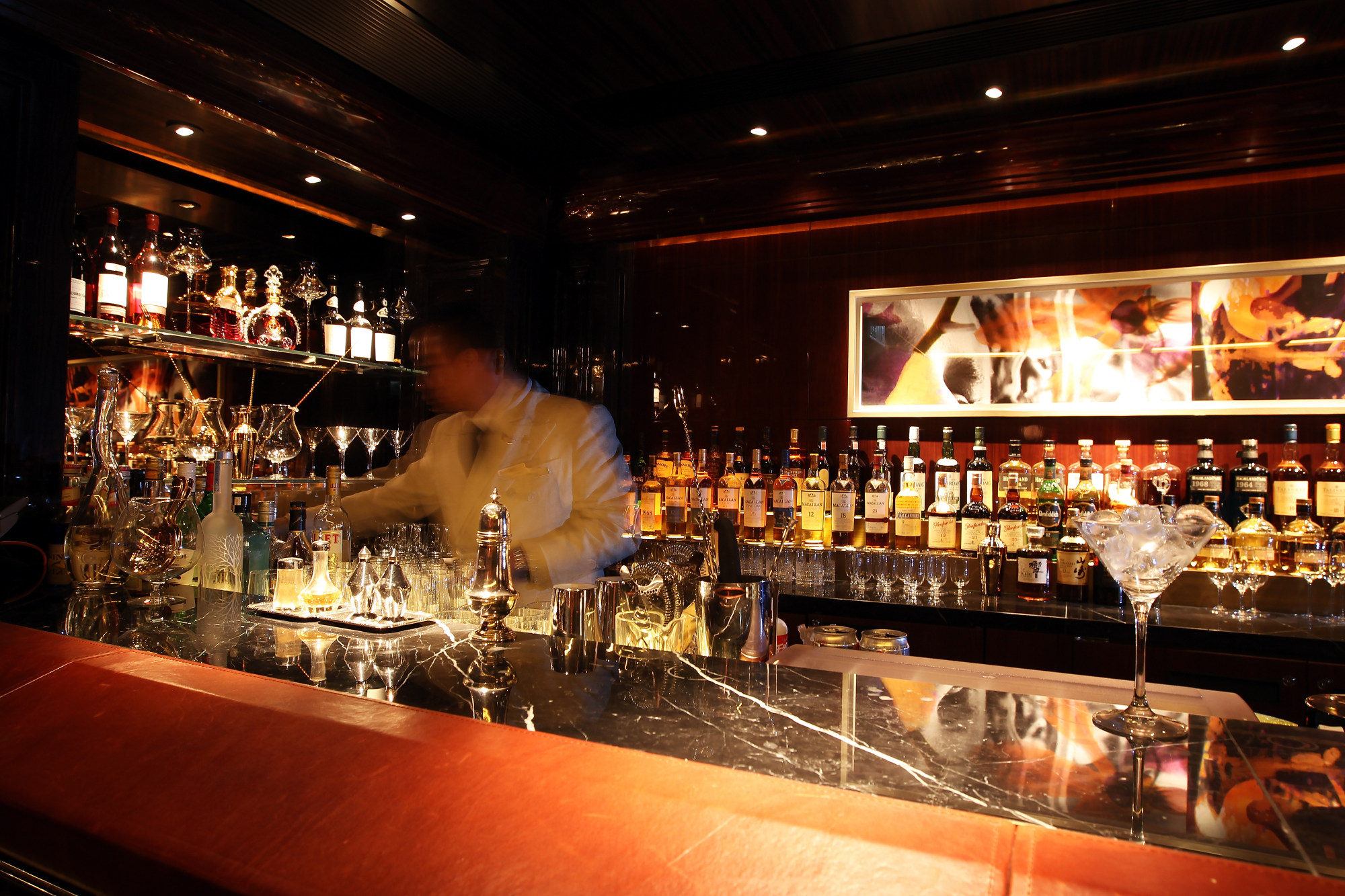
Hotels have greatly reduced their service offerings, the in-room cleaning, and even the amenities provided. In a recent stay I went to the restaurant of a luxury hotel for dinner at 8pm. The staff apologised many times and told me they would close at 8.15pm, so they couldn’t give me adequate service. They almost begged me not to eat there. One of their points was that their menu was dramatically reduced. They only had five or six dishes and told me none of them were really amazing. Because I wanted the convenience of a quick bite, I insisted on staying, and boy they were right! The food would have been great for a fast food place, but not for a luxury hotel.
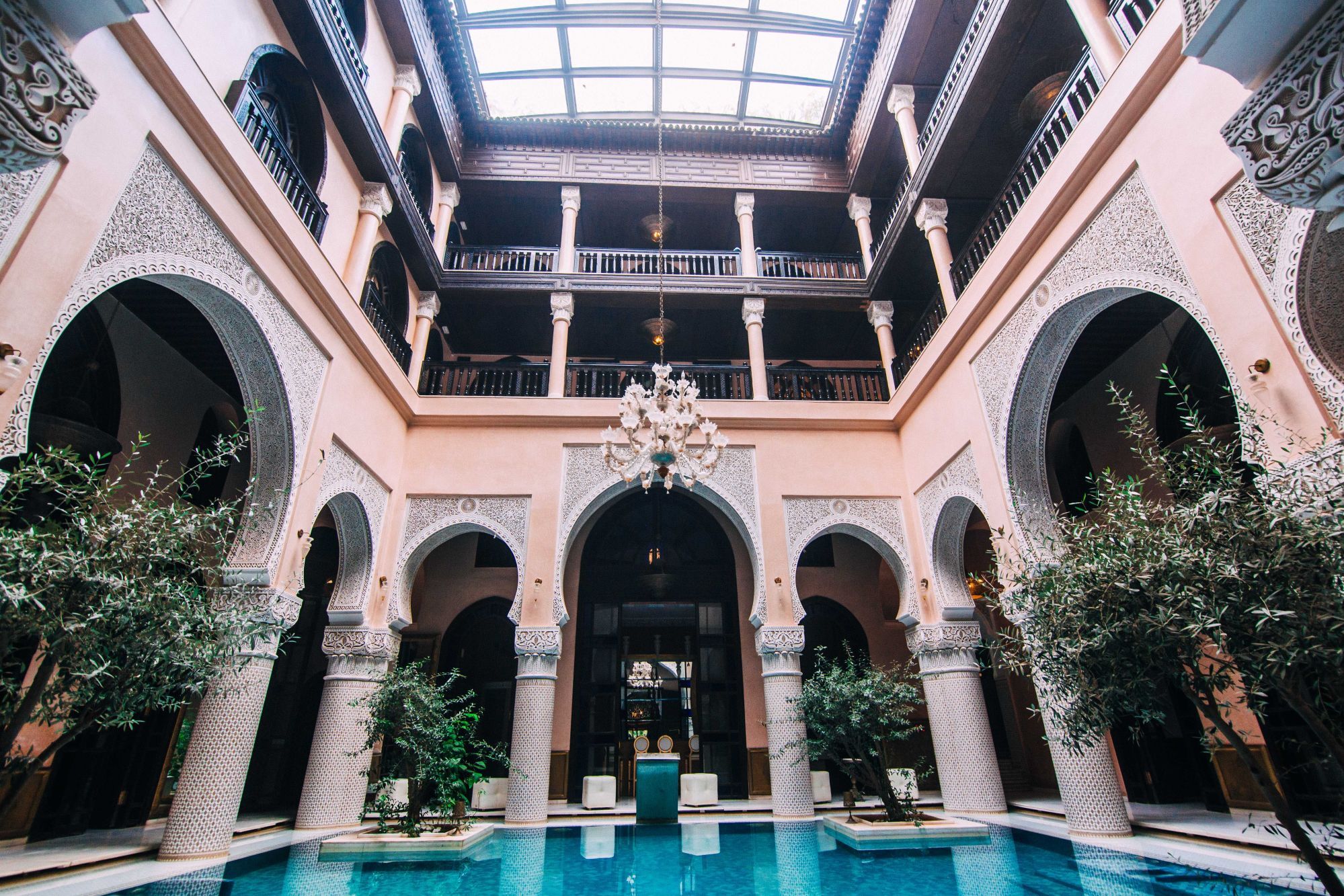
Instead, menus are more of the same, and with less food options they focus on a narrow selection of food that is neither pleasing nor healthy. And hotels completely miss the mark. Already before the pandemic many hotels had massive issues in delivering extraordinary service, and the pandemic impacted their ability further.
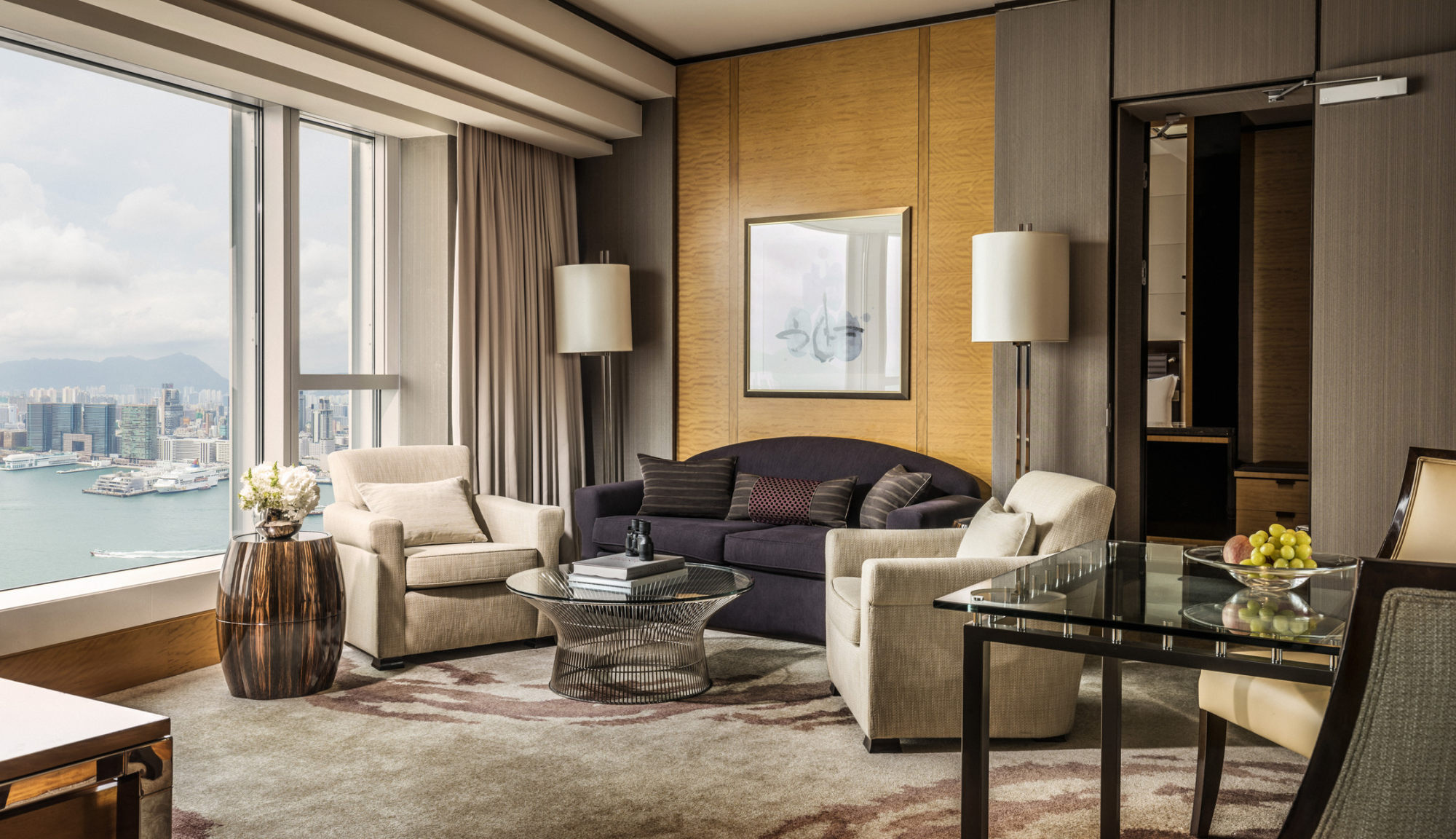
In the fashion industry, brands that hibernated and focused on heavy promotion saw a catastrophic 2020 and are eyeing an even more disastrous 2021. Brands that were able to excite their customers, built significant brand equity and showed a strong rebound in the fourth quarter of 2020. Hospitality will face the same fate.
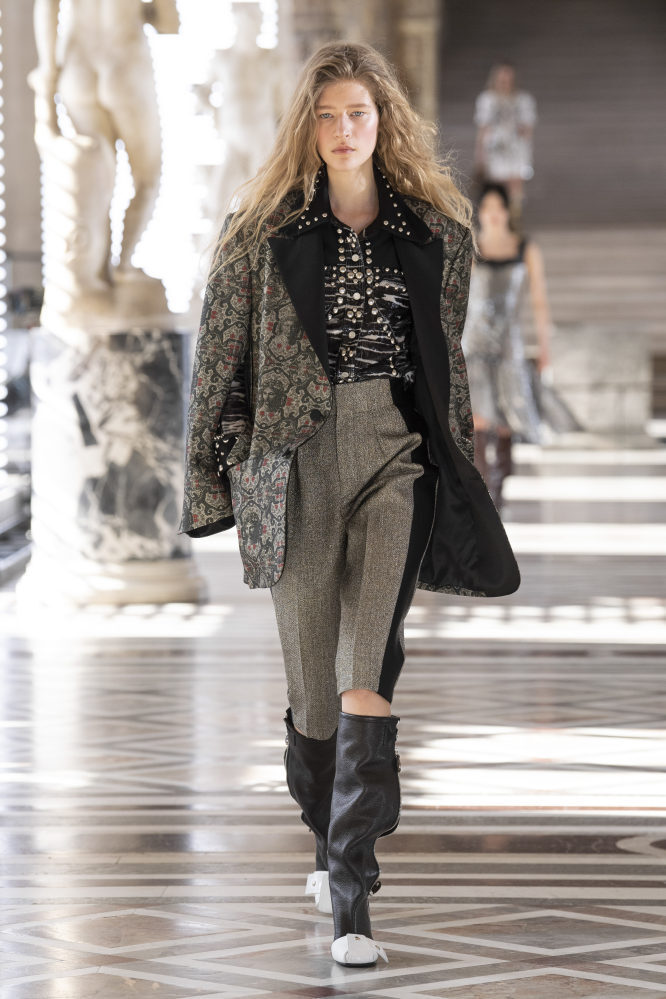
Few brands will emerge stronger. Those that do will have made creating exceptional experiences their priority. Brands that have just tried to make it through the pandemic, hoping that loyal customers will forget and forgive their sub-par standards, will have a rude awakening.
On top of this, the hospitality industry is not prepared for the arrival of Gen Z. I sometimes hear comments that Gen Z is not their priority at the moment. Given that it’s already the most influential consumer group in hospitality and will be the most valuable cohort travelling by 2030, the hospitality industry is wasting time that some brands don’t have.
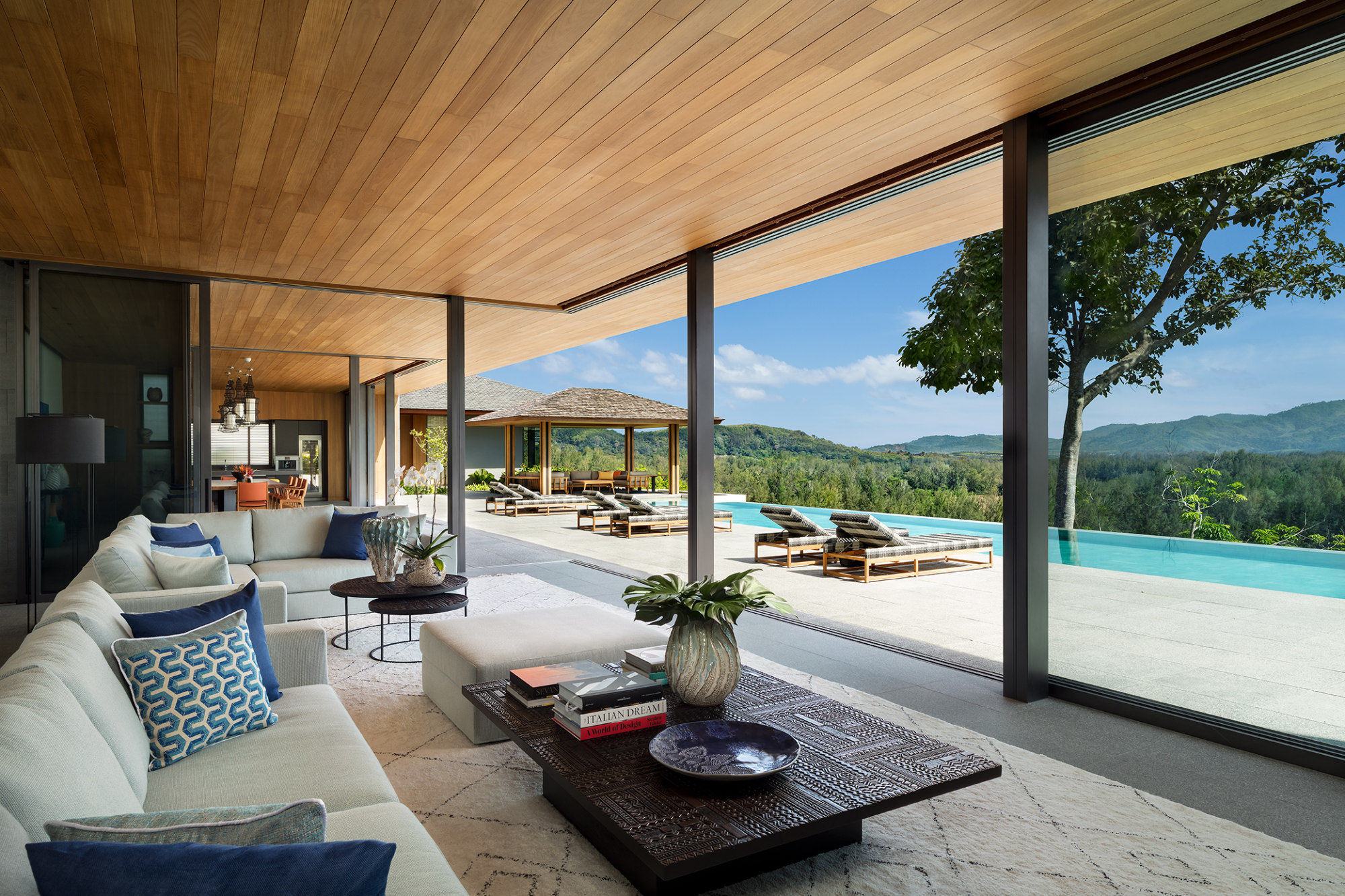
What do I recommend hospitality brands do now? Start with critical questions about your brand story. Do you have one? Is it crystal clear and well communicated? Is it authentic or just generic marketing chatter? Be honest in your assessment. Because without a meaningful and purpose-driven story you will not be attractive to Gen Z. Then ask yourself if you provide enough value in the service delivery process and in a distinct way to that of your competitors. Keep in mind that your best customers travel round the world and will again once it’s possible. You don’t compete only with the best hotels and restaurants next door, but with the best in the world when you are serious about luxury. How competitive are you?
I expect 50 per cent of hospitality brands will not survive the next decade, and disruptive players will come. How well prepared are you for the current and future expectations of your customers? The answer better be a clear “we are!” Otherwise your brand may be one we have forgotten by 2030.

- Felix at Hong Kong’s The Peninsula still delivers an unforgettable experience, but many Michelin-starred spots in New York, London and Paris disappoint
- Brands should pick up on the booming health and wellness trend; the Apple Watch is destroying the Swiss watch industry due to their lack of connected services